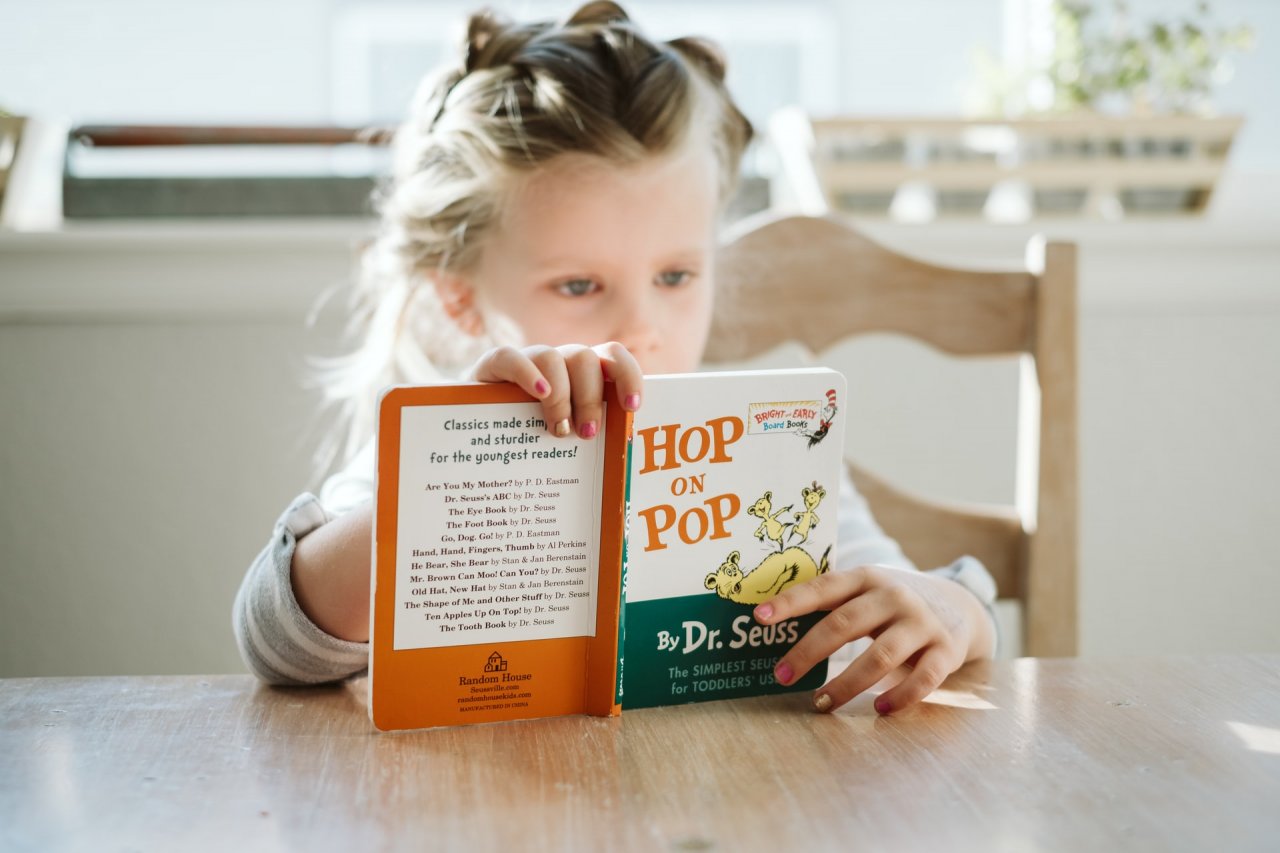As it is more and more acknowledged in the world, bilingualism creates a
nurturing environment for children to learn and develop in two or more languages. Bilingualism (or even multilingualism) is crucial in today’s multicultural society, as children are consistently exposed to languages throughout their education and growth into early adulthood.
Bilingualism benefits the development of communication skills from an early stage in their lives. Research shows that children who are exposed to two or more languages have the advantage of developing better attention control and working memory. Languages help to stimulate their brain and enhance overall cognitive skills in young children. Beyond the only linguistic aspect, bilingualism enables an immersion in different cultures and various ways to assess, describe or understand things (like the teaching approach to maths in England will be very different to the French way).
Little Agnes Nursery is a diverse setting, welcoming families from all over the world. The founding directors and staff team at the setting strongly believe that children exposed to a second language from as early as 4 months old can develop strong communication skills, social skills and cultural understanding.
The whole team at Little Agnes Nursery work in close partnership with parents to ensure children are supported consistently and extra attention is provided
where needed. Half of the nursery educators are native French speakers, however all members of staff speak two or more languages and understand the values of exposure to languages from early stages in their lives.
Patrycja, Nursery Manager says “I was exposed to 3 languages from birth: Polish, Greek and English. I was brought up in Poland and moved to Greece when I was 4. I feel learning languages come very easy to me, as I later went on to learn to speak in Russian and German. I can see that children can relate to me, when they start and don’t speak English at home, so they may need
some extra support, and my team and I provide that together”.
Research shows that by 2 years old, children who have grown learning a second language are able to recognise which people and circumstances they should use a particular language in. Bilingualism supports the early communication development in babies as they learn to pick up new words quickly, and exercise their brains regularly during conversations, further developing problem solving and recognition skills. “
More readings could be found on https://calec.org/the-bilingual-revolution/ or https://calec.org/2023/04/02/call-for-papers-2023/?lang=fr
